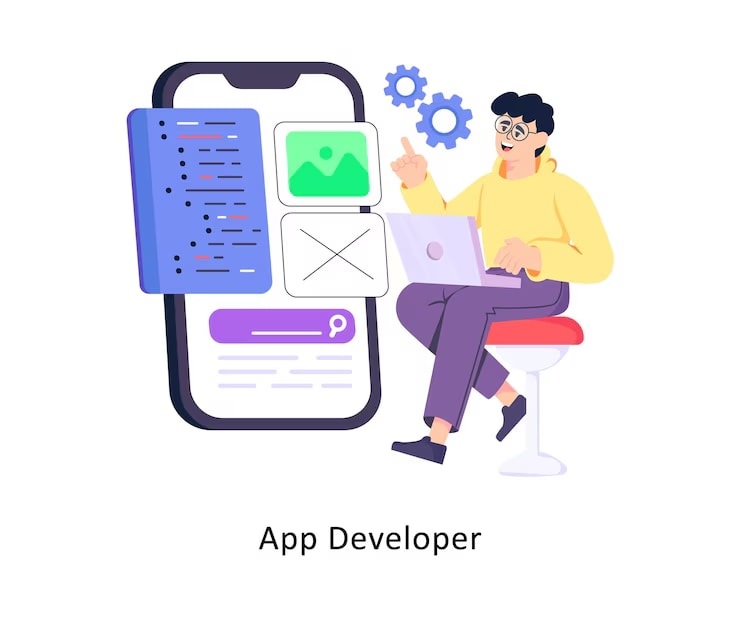Service Detail

Mobile Application Development
Mobile application development is the process of creating software for smartphones, tablets, and other mobile devices, often for Android and iOS operating systems, and can involve native, cross-platform, or web app development approaches.
Key Features:
User Experience (UX) and User Interface (UI):
Simplicity and Intuitive Design: A well-designed UI/UX should be easy to navigate and understand, ensuring a smooth user experience.
Customization: Allowing users to personalize their app experience through settings and themes.
Functionality and Features:
Push Notifications: Real-time, attention-grabbing messages that keep users engaged.
Search Functionality: Enabling users to easily find specific content or information within the app.
Location Services: Utilizing GPS and location-based services for navigation, maps, and other location-aware features.
Technical Aspects:
Cross-Platform Compatibility: Developing apps that work seamlessly on both iOS and Android platforms.
Security: Implementing robust security measures to protect user data and privacy.
Benefits:
Increased Customer Engagement and Loyalty: Mobile apps allow for direct and personalized communication with customers, leading to stronger relationships and increased loyalty.
Enhanced Brand Awareness and Visibility: A mobile app can boost brand recognition and make a business more visible to potential customers.
Increased Sales and Revenue: Mobile apps can facilitate online transactions, loyalty programs, and in-app purchases, ultimately driving sales and revenue growth.
Data Security and Privacy: Mobile apps can implement robust security measures to protect user data and ensure privacy.
Scalability: Mobile apps are designed to handle growing user demand and usage over time.
Easy Maintenance: Mobile apps can be easily maintained and updated, ensuring a smooth user experience.
